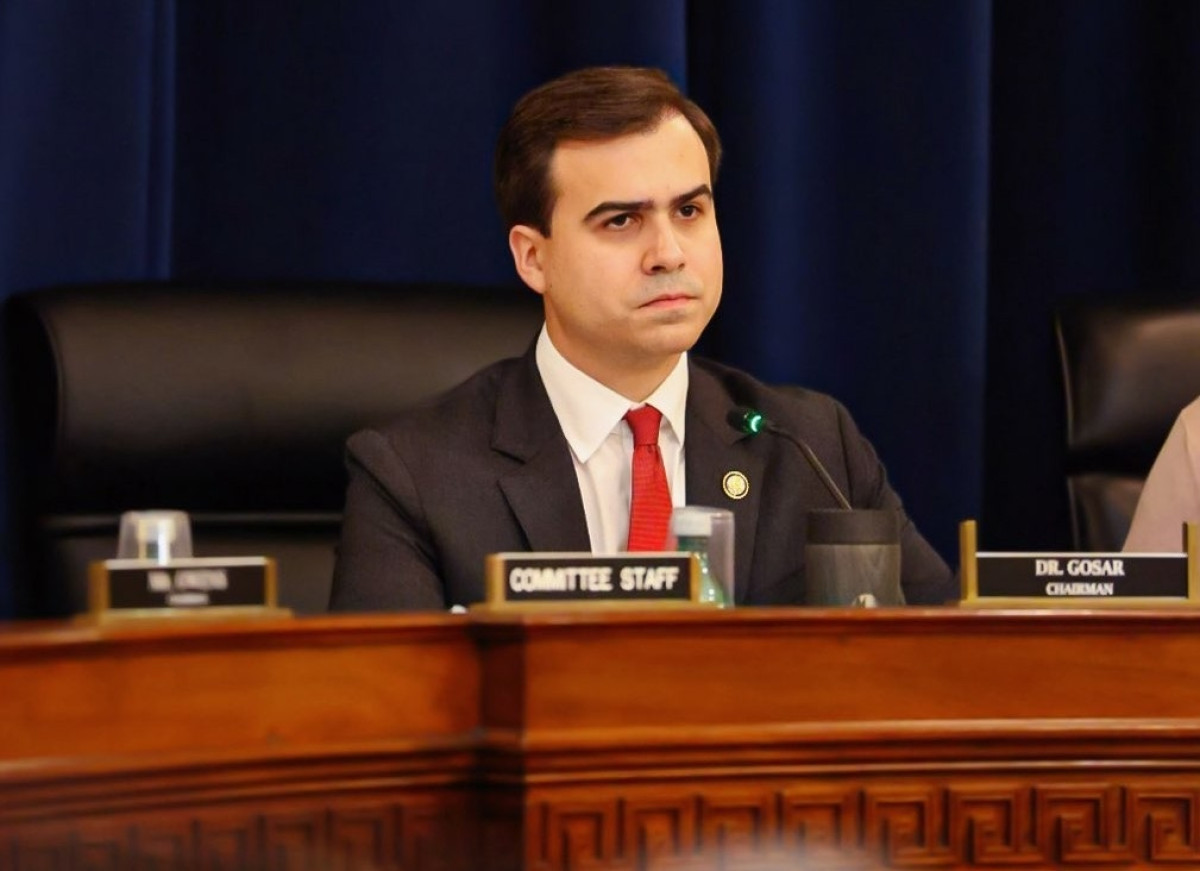Democratic Leaders and 28 Members of Congress Reject Governor’s Justification for Sharing Immigrant Data

WASHINGTON, D.C. — In a forceful congressional action led by Resident Commissioner Pablo José Hernández, 28 Members of the House of Representatives — including the Democratic leaders of the committees with jurisdiction over homeland security, immigration, and government oversight — expressed their opposition to the Government of Puerto Rico’s decision to voluntarily share immigrants’ personal information with federal authorities.
The effort includes the support of U.S. Representatives Adriano Espaillat (Chair of the Congressional Hispanic Caucus), Bennie G. Thompson (Homeland Security Committee), Robert García (Oversight Committee), and Nydia M. Velázquez (Small Business Committee).
The congressional leaders refute Governor Jenniffer González’s claim that her administration was obligated to cooperate with ICE under threat of losing federal funds. The federal agency itself publicly denied that assertion, noting that there were no subpoenas or warnings regarding funding.
“Federal law does not require Puerto Rico to voluntarily provide personal information to ICE. Furthermore, the courts have ruled that local governments cannot be coerced into cooperating in these cases. The Government of Puerto Rico is not only legally mistaken, but also jeopardizing the trust and safety of our immigrant communities,” said Hernández.
The effort calls on the Government of Puerto Rico to immediately halt the voluntary transfer of sensitive data and to protect the information entrusted by immigrants who obtained driver’s licenses in accordance with Puerto Rican law.
This action follows a recent court ruling affirming the right of states not to share information from their departments of transportation and public works with ICE.
“As public officials, we swear to uphold the rule of law, including the privacy and rights of immigrant individuals. Puerto Rico must not act out of fear or misinformation, but with legal clarity and moral conviction,” Hernández concluded.
###